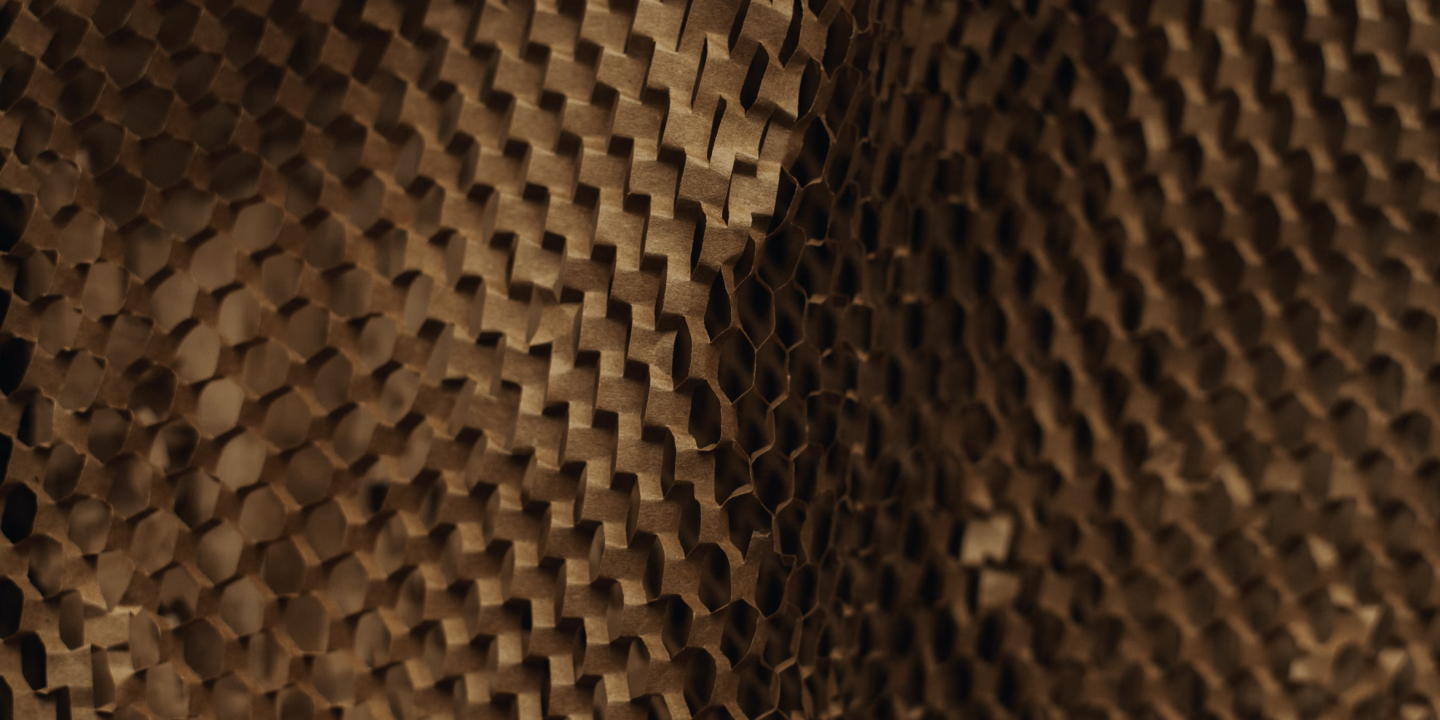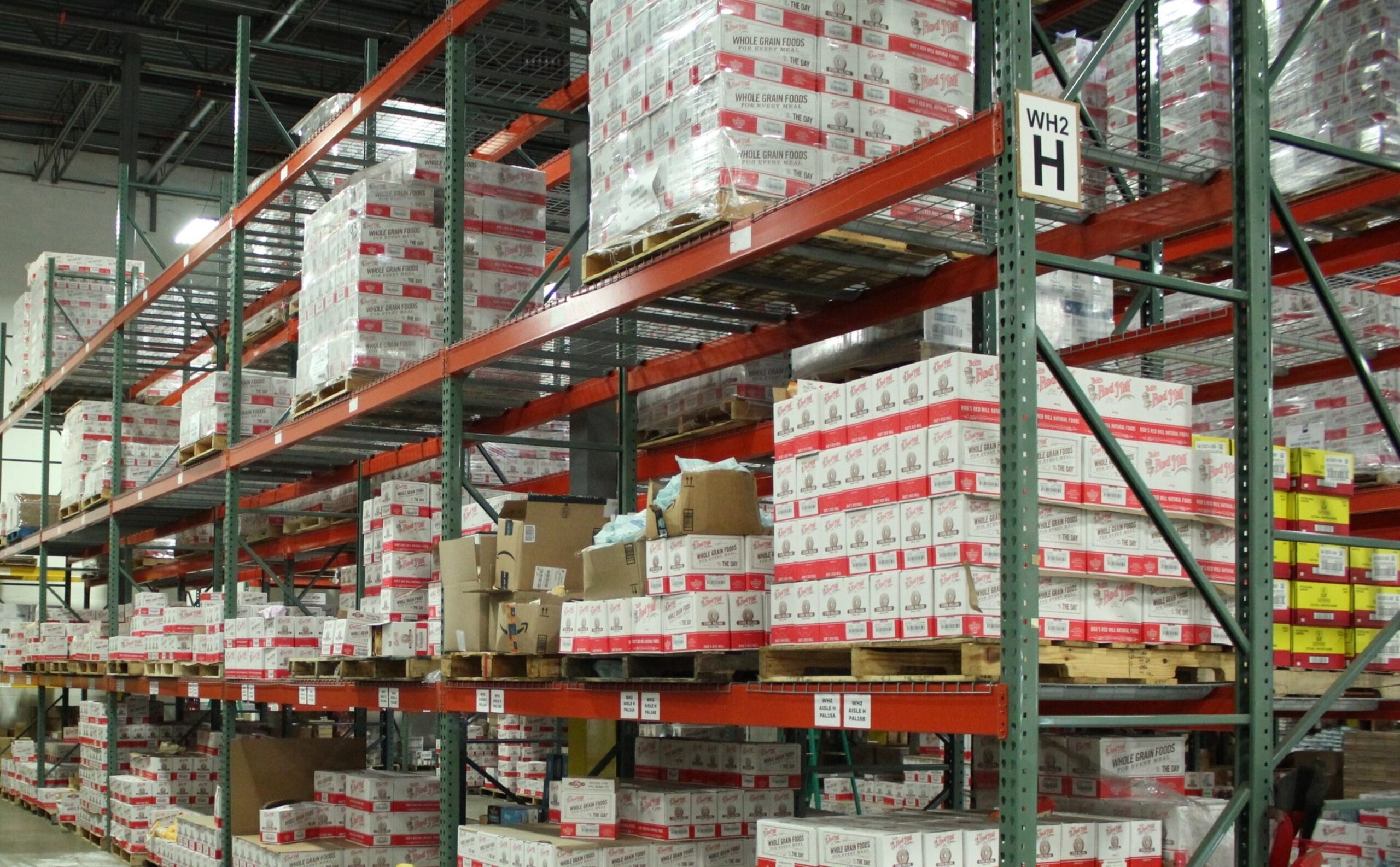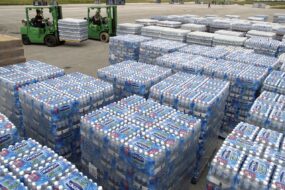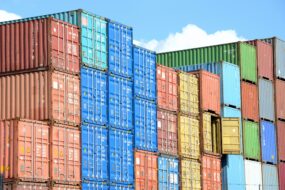Contents

Dunnage is the packaging materials that protect items when they are shipped. This includes corrugated paper, bubble wrap, filler materials, packing peanuts, air pillows, blocks, boards, and solid plastics.
While there are many different types, dunnage is generally made from inexpensive materials.
Why Is Dunnage Important?
If you are shipping something, dunnage is critical to ensuring your items reach their destination in good shape. Without proper dunnage, items are significantly more likely to break during shipment.
While more consumers are shopping online than ever before, it’s very common for products to arrive damaged. In fact, up to 21% of consumers who purchased an oversized item online said it arrived damaged.
This damage costs companies a lot of money. Virtually all customers expect a full refund if an item arrives damaged. The provider must bear the cost of the broken or damaged product as well as the additional shipping cost to get the customer an intact item.
If you can prevent products from arriving to customers in a damaged condition, you’ll greatly help your company’s bottom line. Dunnage is key to making that happen.
Types of Dunnage
While most people are familiar with bubble wrap, air pillows, and crinkle paper, you may be surprised at the variety of dunnage available. There are many different types of dunnage, depending on the items being shipped.
Here are the different types of dunnage:
1. Bubble Wrap
Most people are familiar with this type of dunnage. It is commonly used to package fragile items. For very fragile items, multiple layers of bubble wrap may be used. In addition, shippers may use bubble wrap to fill empty space in packages.
2. Packing Peanuts
Also known as foam peanuts, packing noodles, and foam popcorn, packing peanuts are loose-fill packaging. They are used to cushion items and prevent damage.
3. Air Pillows
These are almost like plastic bags filled with air. They are commonly used by large distributors like Amazon. Air pillows are most commonly used as space fillers to keep items from sliding around in packages. They provide some protection but not as much as packing peanuts or bubble wrap.
4. Kraft Paper
Sometimes referred to as crinkle paper, this is recycled paper that is often crinkled up for packaging purposes. It can fill empty space in packages and prevent items from moving around in shipment. Kraft paper is stronger than standard paper, and it’s affordable, making it a popular dunnage choice.
5. Corrugated Paper
Corrugated paper is often used to make cardboard boxes. It can support heavier items than other forms of dunnage.
6. Foam
Foam is commonly used to custom package fragile items like electronics. Foam is often cut to cushion fit the item in question, such as to cushion televisions, computers, medical equipment, and other fragile items. It is also used to pad sharp corners and prevent items from shifting during travel.
7. Solid Plastic
Similar to foam, plastic dunnage can be custom fit to precisely hold the items that are being shipped. These solid plastic pieces prevent products from moving around in the box, as they protect the item and take up empty space. This essentially braces the item in place and prevents it from moving around the box.
8. Wood
While wood is not often the first thing that comes to mind when it comes to packing materials, it is frequently used to package large and oversized items. It may be used to keep items separate during shipment and to keep items from shifting. Wood dunnage is commonly used in large and international shipments.
9. Steel
Steel dunnage is generally used to brace and protect very large industrial parts, motors, engines, or similar heavy-duty items. It is one of the most expensive forms of dunnage.
What Can Dunnage Do for You?
If you ship any products, you need dunnage. The type you choose will depend on the size, weight, and fragility of the items you ship.
The right dunnage can do the following:
- Guard against moisture: Moisture can significantly harm your products, particularly if they are electronic in nature. Certain forms of dunnage, such as corrugated paper and packing peanuts, can protect your items from moisture, mitigating damage.
- Absorb shock: When items are shipped, they have to withstand a lot of movement. Packages are likely to be dropped, tossed, or moved roughly. If proper protection isn’t in place, the items inside can easily be damaged. Good dunnage absorbs some of this shock and protects the products inside the packages.
- Cushion products: If your items are protected well, they are less likely to break in transit. This means fewer returns and refunds to customers, resulting in significant savings for your company.
- Prevent movement: A lot of product damage happens due to boxes slipping and sliding around a cargo container or truck. Some forms of dunnage, such as wood and steel, can prevent this movement, resulting in less damage to the products inside the packages.
Custom Dunnage
In many cases, standard dunnage doesn’t work as well as desired. For certain products, it’s worth it to invest in custom dunnage. This dunnage specifically fits the product and shipping container, significantly reducing the likelihood of damage during transit.
Proper Shipping Containers
You should also be choosing the proper shipping containers for your products. While dunnage will cushion and protect your items, you can decrease the potential for damage when you ship your items in properly sized boxes. This means small items go in small boxes where they can be effectively cushioned with an appropriate amount of dunnage.
References
21% of Oversized Online Purchases Arrive Damaged. (August 2018). Retail Dive.




